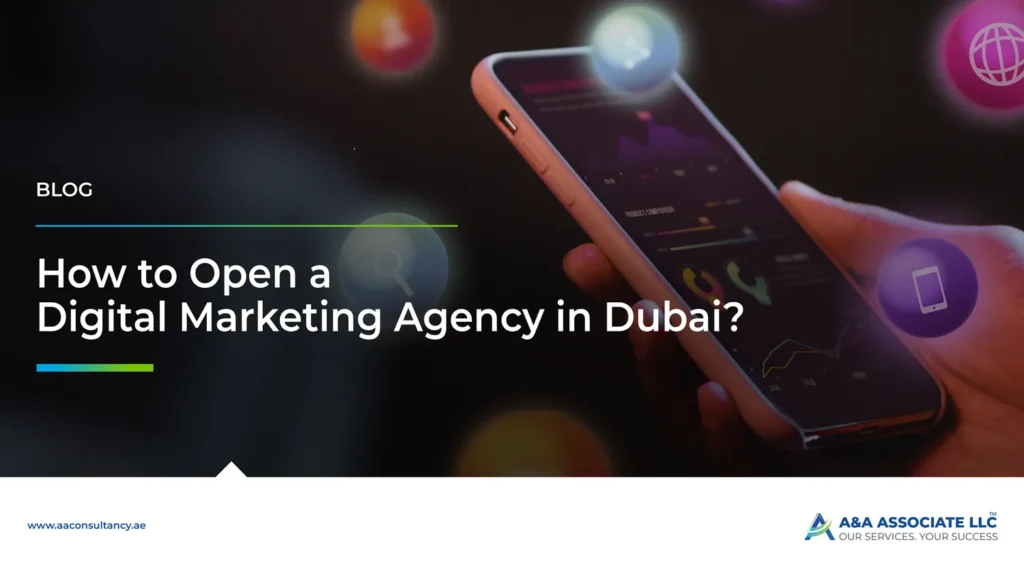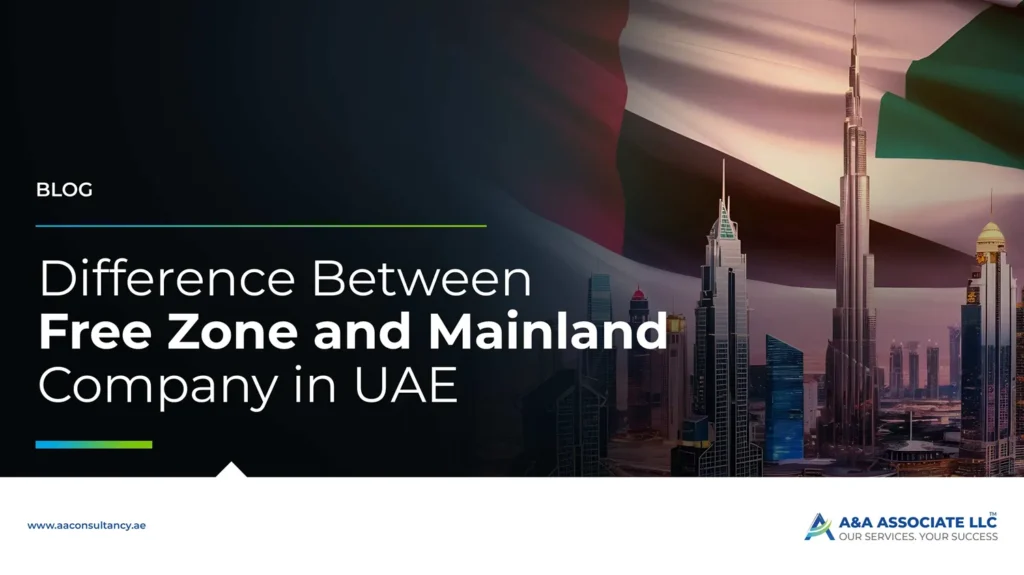Dubai, a global business hub, is becoming increasingly popular for entrepreneurs looking to start a startup. It offers a unique business environment with a liberal economy and excellent infrastructure. However, starting a startup in Dubai requires knowledge of the local market and culture. Here are ten essential things to know before you open a company in Dubai or start a startup in Dubai.
1. Business Setup Options
Dubai offers various business setup options, including free zones, mainland, and offshore companies.
- Free zones provide 100% foreign ownership and zero taxes.
- Mainland companies require a local sponsor.
- Offshore companies offer tax benefits.
According to the Dubai Department of Economic Development, over 40% of new business licenses in 2020 were issued in the Dubai mainland.
2. Legal Requirements
Entrepreneurs must comply with the legal requirements to start a business in Dubai. The DED license in Dubai is a must for getting business licenses, and entrepreneurs must register their companies with the Dubai Chamber of Commerce and Industry. The Department of Economic Development also requires business owners to obtain visas and sponsor employees.
3. Local Partnerships
Mainland companies require a local sponsor, who must hold 51% of the shares in the company. Choosing a trustworthy and reliable local partner who can provide support and guidance in navigating the local market is essential. According to the World Bank, starting a business in Dubai requires an average of 8 procedures, and it takes around 16 days.
4. Market Research
Entrepreneurs must conduct thorough market research to identify potential opportunities and challenges. Dubai offers a diverse and competitive market, and entrepreneurs must understand the target audience and competition clearly. According to a report by Dubai SME, the top sectors for startups in Dubai include technology, tourism, and hospitality.
5. Funding Opportunities
Dubai offers several funding opportunities for startups, including government grants, venture capital, and angel investors. The Dubai government’s various initiatives, such as the Dubai Future Accelerators and Dubai Startup Hub, provide funding and support to startups. According to a report by MAGNiTT, a startup data platform, the UAE raised $1.08 billion in funding in 2020.
6. Tax Regulations
Dubai offers a tax-friendly environment for businesses, with no income or corporate taxes. However, businesses must comply with Value Added Tax (VAT) regulations. The UAE introduced VAT in 2018, and businesses must register for VAT if their annual turnover exceeds AED 375,000 ($102,000).
7. Intellectual Property Protection
Entrepreneurs must protect their intellectual property rights in Dubai. The UAE’s legal system provides strong protection for intellectual property rights, and entrepreneurs can register their trademarks and patents with the Ministry of Economy.
According to a report by the World Intellectual Property Organization, the UAE ranked 2nd in the MENA region in the 2020 Global Innovation Index. But, if it is a freezone company formation in Dubai, take extra caution with IP as free zone businesses are growing rapidly and you do not want any copyright infringements.
8. Access to Talent
Dubai offers access to a highly skilled and diverse workforce, with more than 80% of the population being expatriates from over 200 countries. However, according to a report by Bayt.com, a leading job site in the Middle East, 65% of employers in the UAE struggle to find suitable candidates for their vacancies. Entrepreneurs must identify the most effective recruitment channels to attract top talent.
9. Workforce Diversity
Dubai’s diverse workforce makes it an attractive destination for entrepreneurs. However, employers must also be aware of the cultural and religious differences in the workplace. According to a report by the Dubai Chamber of Commerce and Industry, the city’s workforce is made up of people from over 200 countries, and diversity is an essential factor in the success of businesses.
10. Skills and Education
Entrepreneurs must also consider the skills and education of potential employees. Dubai has a highly educated workforce, with more than 60 universities and colleges in the UAE. The Dubai government has launched several initiatives to promote education and skills development, such as the Dubai Future Academy and Dubai Knowledge Park.
According to a report by the Dubai Statistics Center, 53% of the UAE’s population aged 15 and above has completed tertiary education. Not only Dubai, business setup in Abu Dhabi is also vastly growing and has shown tremendous market potential. A sneak peek into various emirates can help gauge an entrepreneur the diversity of skill sets.
Starting a Startup: New Age Business Requires Expertise in Setting Up
Starting a startup in Dubai can be a lucrative opportunity, but it requires careful planning and preparation. Entrepreneurs must consider the above-discussed factors before forming a new company in Dubai. By understanding these ten essential things, entrepreneurs can navigate the local market and take advantage of Dubai’s unique business environment.
In conclusion, Dubai provides a unique business environment for entrepreneurs, with excellent infrastructure, a liberal economy, and diverse opportunities. However, entrepreneurs must take the help of business setup consultants in Dubai. With careful planning and preparation, Dubai can be an excellent destination to start a startup and achieve long-term success.


















